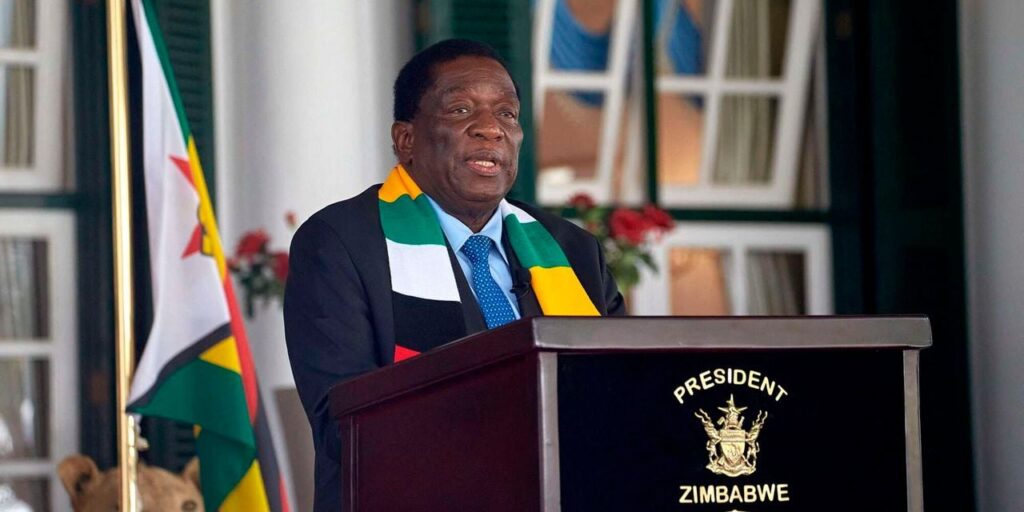EU Freezes Zimbabwe Debt Relief Over Controversial NGO Law
The European Union (EU) has suspended debt relief support to Zimbabwe following President Emmerson Mnangagwa’s decision to sign the Private Voluntary Organisations (PVO) Amendment Bill into law, a move widely criticized as an assault on democratic freedoms.
The law, signed on Friday, gives the government broad powers to monitor and control civil society groups and NGOs, including scrutiny over their funding and affiliations. The bill was passed despite warnings from four UN human rights experts, who said it threatens civic space and democratic principles.
In response, EU Ambassador to Zimbabwe Jobst von Kirchmann announced the immediate suspension of targeted funding planned for 2025 under the ongoing structured dialogue framework on governance reforms. This funding was part of the broader arrears clearance and debt resolution strategy led by the African Development Bank (AfDB).
“Zimbabwe has over $21 billion in debt and arrears. The enactment of this bill without addressing civil society’s concerns undermines the country’s reform commitments,” von Kirchmann said.
The move by the EU follows the United States’ earlier withdrawal from the debt support process after Mnangagwa’s controversial 2023 re-election. Both Western blocs have called for tangible political and economic reforms before re-engagement.
The Zimbabwean government argues the new law will enhance transparency, prevent money laundering, and stop external political interference. However, critics warn it tightens authoritarian control and could derail hopes of international financial support.
Former Mozambican President Joachim Chissano, an advisor to Zimbabwe’s debt clearance talks, has stressed that reforms around justice, anti-corruption, human rights, and electoral integrity are critical for Zimbabwe to gain creditor trust.
Meanwhile, Zimbabwe has begun compensating white farmers displaced during the Mugabe-era land reforms—another key requirement from creditors—but the EU insists broader governance reforms must also be fulfilled.
Despite efforts to restructure its debt, Zimbabwe remains ineligible for loans from the IMF and World Bank due to longstanding arrears and economic instability, worsened by heavy reliance on Chinese credit backed by mineral pledges.
The EU has left the door open for re-engagement, but only if Zimbabwe reverses its current trajectory and recommits to democratic governance and civic freedoms.
Source: The East African



